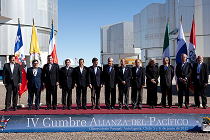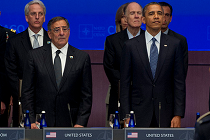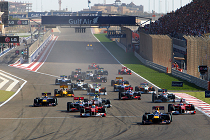Iran tests India’s policy
Apart from bilateral ties, also at play at the India-U.S. Strategic dialogue is the difficult triangulation in India’s relations with the U.S. and Iran. It does not serve India to get enmeshed in the U.S-Iran confrontation. Instead, the relationship must develop on the basis of realpolitik and mutual interest.










